Entrepreneurship and Experiential Learning
The realization that there is no right answer led college graduate, Sam Porter, to understand the power of applied learning as a young entrepreneur. He talked to Knowledge Without Borders™ about his innovative and entrepreneurial project at Brandeis and its impact on the evolution of his understanding of education.
Sam Porter, a graduate of Brandeis University, has figured out a way to measure electricity use in school dormitories to reduce the environmental impact. He got the idea during his freshman year while taking an experimental science class with a student assignment to study and develop environmentally sustainable projects for the Brandeis campus. Porter previously had some experience with smart meters – instruments that measure a building’s energy usage accurately and display the results in real time – in people’s homes and he wondered if they could be used on a large scale. He proposed a project to install smart meters on campus to reduce energy usage, submitted it to the Brandeis Sustainability Fund board, and was granted $26,000 to see what he could do to reduce energy costs.
With the grant money, Porter coordinated the installation of smart meters in selected Brandeis dormitories so students could monitor how much energy they were actually using over time. This type of tracking helps colleges and universities set dormitory energy budgets and keep track of how closely residents are sticking to them. When students have real time information, they can observe how their behaviors influence energy usage and start to make changes. “The best way to reduce consumption is to make people aware,” notes Porter. There are many ways to get the message out including conservation competitions between buildings or even entire campuses, which can save thousands of dollars in energy costs. Porter says “eco-reps” will help students get into the habit of regularly checking smart meters, which became operational in 2011. If all goes well, Porter believes that Brandeis will be willing to increase their investment in the project and install additional meters throughout campus. “No carbon dioxide is the ultimate goal,” said the young entrepreneur.
When did Sam Porter begin applying 21st century skills such as creativity and innovation to real world problems? Did it start in high school? How did his environmental science class at Brandeis inspire his social entrepreneurship? Porter told Knowledge Without Borders™ that there were very few classes in high school that actually motivated him to think as opposed to memorize facts and basic concepts. He highlighted his experiences in two International Baccalaureate history courses as the first time he felt “critical thinking was the goal of the course.” Porter continued, “Unlike tests in my other classes, the tests in these two classes were all essay based and [allowed one to] come to several different conclusions on the historical event, as long as one could make a strong argument and support it with evidence.”
Porter’s educational evolution continued during his senior year in high school as a participant in an innovative high school program called “Thinking Beyond Borders.” He participated on experiential project based learning that “forced every individual to be an active participant in the classroom.” Learning focused on “creating solutions to problems that are not adequately being dealt with [and] go beyond the theory and deal with real world implementation of the solutions.” Students based their learning on problems that they wanted to solve — that really interested them — and sought out the knowledge and skills they needed for a solution. They developed individual and group projects that they presented to a variety of audiences. The experience of project based learning “not only forced us to synthesize our experiences and new insights, but helped us learn how to communicate our messages to greater audiences.”
Indeed, Sam Porter has a bright future as an entrepreneur who will contribute to the environmental sustainability of the planet. He had the opportunity to activate 21st century skills through attacking real world problems while still a student. Business and education partnerships have the potential to create opportunities to create professional development and student learning situations to activate 21st century skills and create pathways to meaningful life and work in the 21st century.

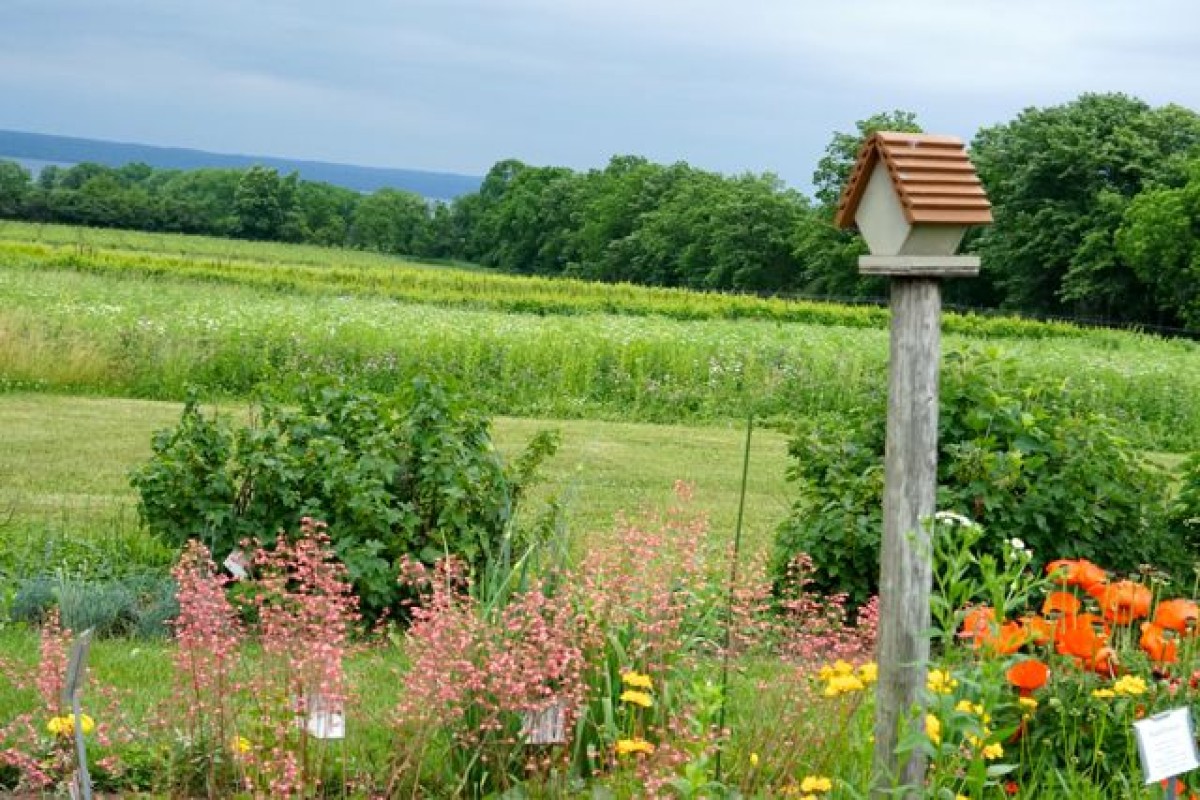
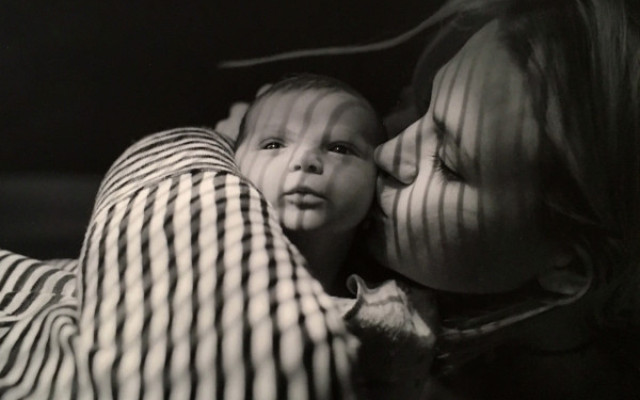
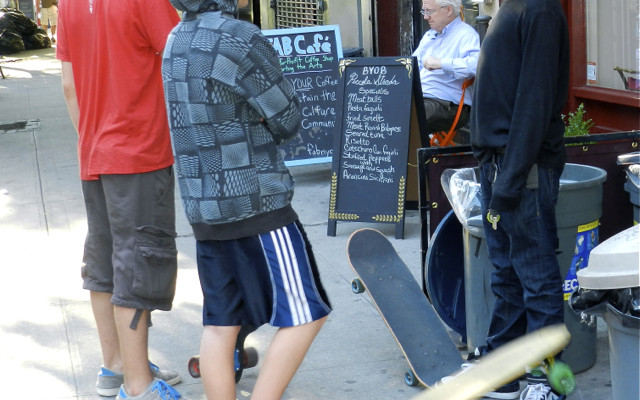

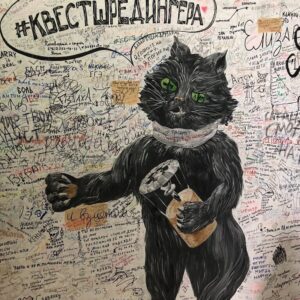
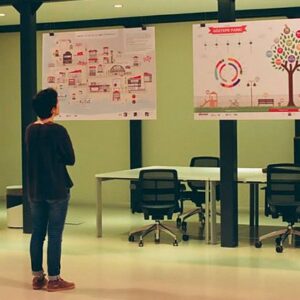

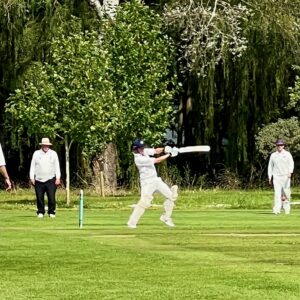
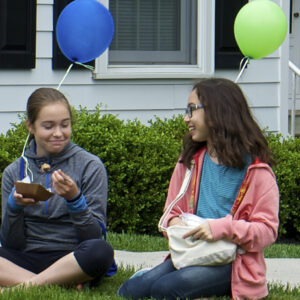

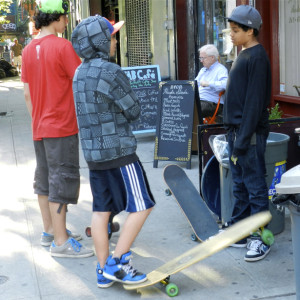
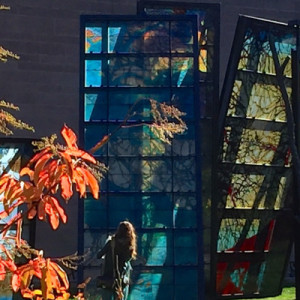
No Comments Yet!
You can be first to comment this post!